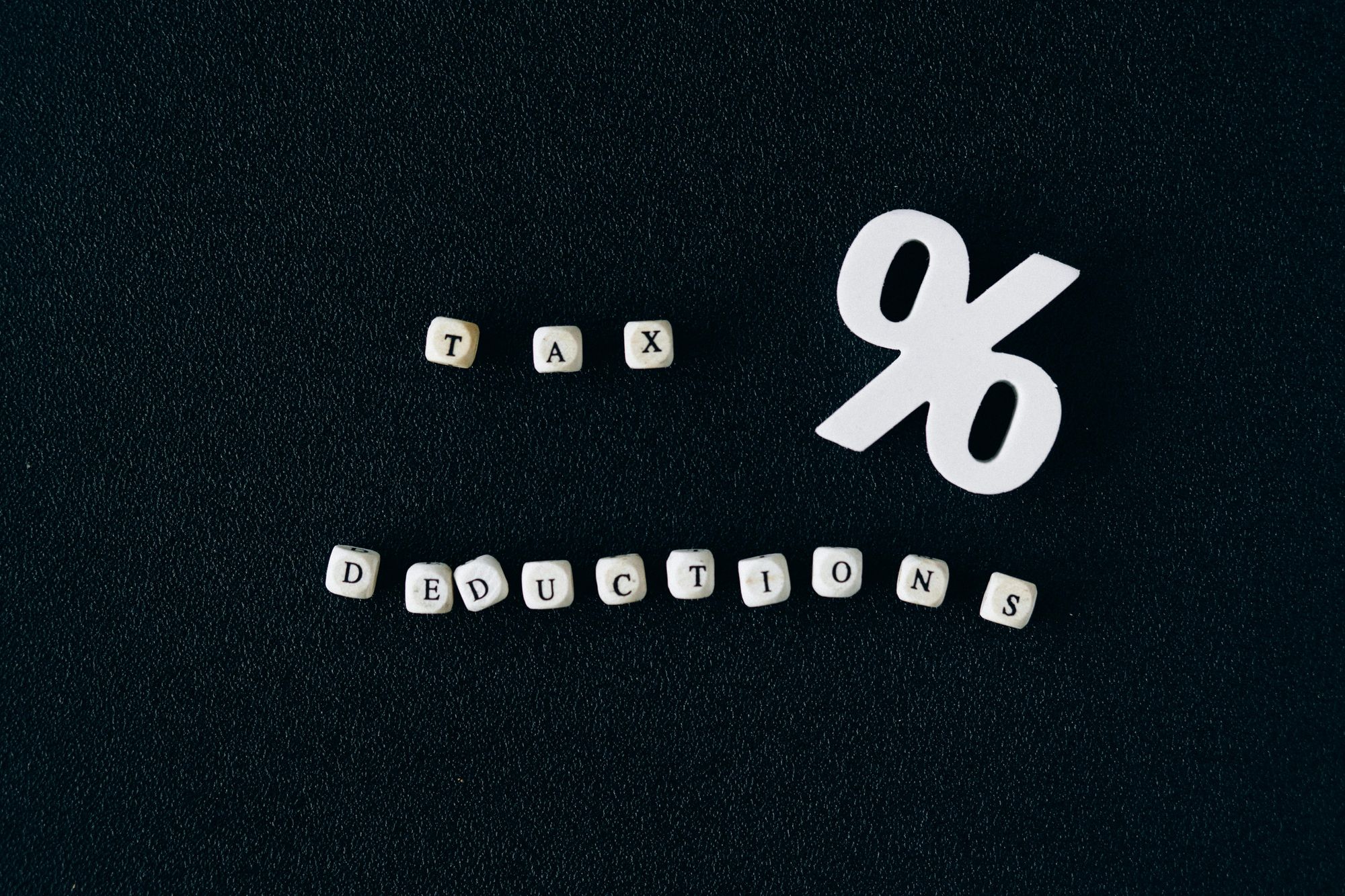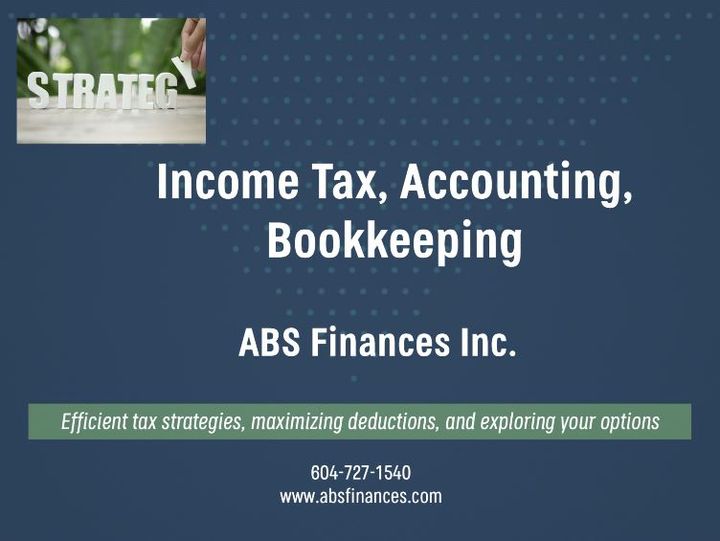Unlock Tax Benefits: Understanding Eligible Dependents for Single, Separated, or Divorced Canadians
Unlock tax benefits by understanding eligible dependent criteria in Canada. Maximize savings with key eligibility insights.

If you are currently single, separated, or divorced, your child may qualify as an eligible dependent under tax law.
Having an eligible dependent expands your tax-exempt space, meaning it raises the income threshold before you start paying taxes. On average, having an eligible dependent can reduce your taxes by about $2,000.
An 'eligible dependent' typically refers to a minor child who is dependent on someone not married. So, if you're single, separated, or divorced, your child may qualify as an eligible dependent.
The eligibility of your child as a dependent depends on your circumstances.
The crucial factor in determining if a child can be claimed as an eligible dependent is whether they were supported by you during the year. This support doesn't necessarily mean paying child support; rather, it refers to providing housing, clothing, and food.
If both parents share custody and support the child at different times, either parent can claim the child as an eligible dependent, meaning if the child spends time at both parents' homes throughout the year, and both provide shelter, food, and clothing. However, if one parent is the main supporter, meaning he or she provides shelter, food, and clothing, then this parent is eligible to claim the child.
Also, both parents cannot claim the same child. It's essential to come to an agreement on who will claim the child.
Furthermore, there's a peculiar rule stipulating that only one eligible dependent can be claimed per household, regardless of the number of children. If you share a household with someone else who is also entitled to claim an eligible dependent, only one of you can make the claim.
Additionally, if you remarry, your child no longer qualifies as your eligible dependent.
I hope this explanation makes it easier to understand about who can be considered eligible dependents. Even though the rules might seem complicated, knowing them can really change how much tax you have to pay.
If you're married, you may be eligible for different deductions. Click below to learn more.


SUMMARY AND CONCLUSION
Each Canadian has a set income threshold before taxes kick in. Having an eligible dependent expands this threshold, pushing back the point at which taxation begins.
Understanding the rules surrounding eligible dependents is crucial for single, separated, or divorced individuals in Canada. By recognizing the eligibility criteria and potential tax benefits, taxpayers can optimize their tax situation and avoid complications.
In summary, please review the key points outlined below:
- Marital Status: Individuals who are single, separated, or divorced may qualify to claim a child as an eligible dependent.
- Support: Providing housing, clothing, and food to the child during the year is crucial for establishing eligibility.
- Child Support Payments: Paying child support does not make a child eligible for dependent status. In fact, individuals paying child support cannot claim the child as an eligible dependent.
- Custody Arrangements: In cases of joint custody, either parent who supports the child at some point during the year may claim them as an eligible dependent.
- Agreement Between Parents: Both parents cannot claim the same child as an eligible dependent. It's essential for parents to agree on who will claim the child to avoid conflicts.
- One Dependent per Household: Only one eligible dependent can be claimed per household, regardless of the number of children present.
- Impact of Remarriage: Remarrying disqualifies a child from being considered an eligible dependent for tax purposes.
Disclaimer:
“Please note that the information provided in this article is of a general nature and may not be accurate for your specific situation. The information is current as of the date of posting and is not intended to provide legal advice. It's always recommended that you consult with a professional accountant and lawyer for personalized guidance and advice."




